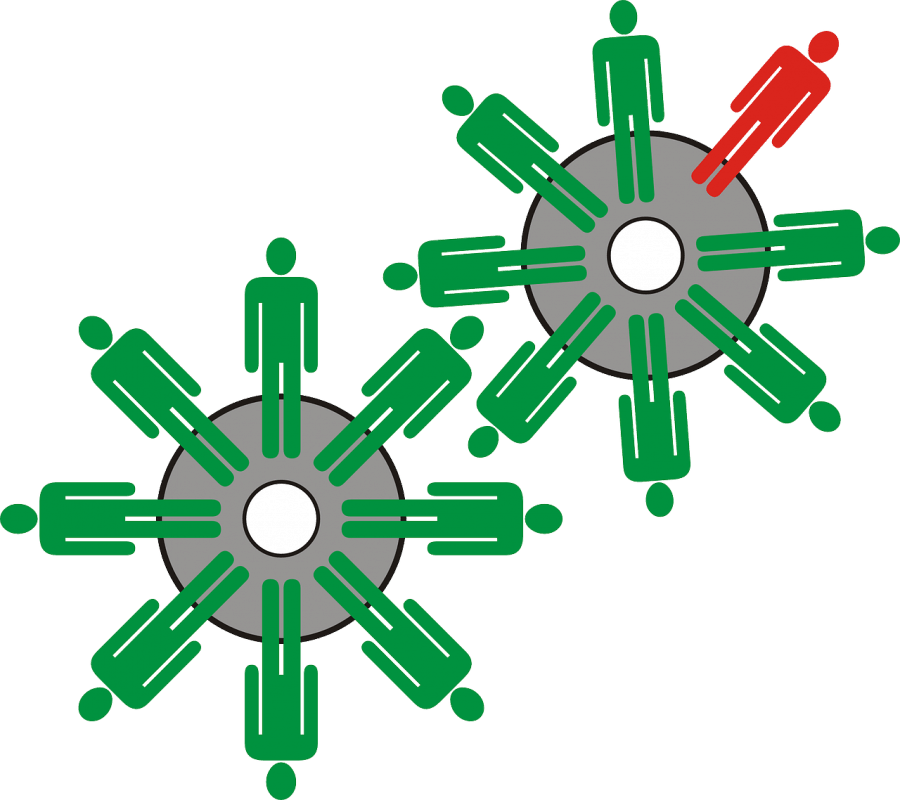Microsoft announces new pilot program focused on promoting inclusion for individuals with disabilities.
Tech giant Microsoft recently announced its launch of a new pilot program focused on hiring people with autism for full-time positions at the company’s headquarters in Redmond, Washington.
Mary Ellen Smith, Microsoft’s Corporate Vice President of Worldwide Operations, discussed the program on the company’s blog. Smith, who has a 19 year old son with autism, writes:
“It’s simple, Microsoft is stronger when we expand opportunity and we have a diverse workforce that represents our customers. People with autism bring strengths that we need at Microsoft, each individual is different, some have amazing ability to retain information, think at a level of detail and depth or excel in math or code. It’s a talent pool that we want to continue to bring to Microsoft!”
Microsoft’s announcement of its autism initiative comes after the German software company SAP launched a similar autism program last year in several of its North American offices, amidst success with the program more globally in India, Germany, and Ireland.[i] SAP’s program, called Autism at Work, has successfully hired 42 employees with autism at eight locations around the world.[ii] SAP’s program has provided employees with autism the opportunity to contribute their talents in the areas of software testing, software development, customer support, and graphic design.
Recognizing that many adults with autism may struggle to present stereotypically desirable traits during job interviews because of difficulties interpreting and responding to social cues, SAP’s Autism at Work program bypasses the traditional interview process, and instead, has recruiters evaluate candidates using other, more creative methods. For instance, recruiters assess candidates’ teamwork skills and ability to follow instructions by having them build robots out of Legos. The SAP Autism at Work program also surrounds new hires with a strong support network, including job coaches and mentors who participate with new hires in work-related activities as well as social engagements outside of work.
Those with autism face tremendous obstacles entering the job market. The Autism Society estimates that more than 3.5 million Americans live with an autism spectrum disorder, and that 35 percent of young adults (ages 19-23) with autism have not had a job or received postgraduate education after leaving high school.[iii]
SAP’s and now Microsoft’s recognition of the value individuals with autism bring to their workforces should serve as inspiring examples to other employers. The innovative recruitment processes, training, and workplace support programs created by such autism initiatives should facilitate crucial forward progress for not only those individuals with autism but also other individuals with disabilities. These types of initiatives show that employers are readily capable of adapting their business cultures and practices to accommodate people with disabilities so that these individuals can have the opportunity to make important contributions to society and flourish professionally.
These types of initiatives should also help to alleviate commonly held misconceptions of those within the disability community by promoting attitudes of tolerance and acceptance of others from diverse backgrounds. Oftentimes, misconceptions of individuals with disabilities who can otherwise perform the essential functions of the job can lead to unlawful discrimination giving rise to legal claims. The promotion of greater inclusivity to overcome those misconceptions may be a crucial step to stop discrimination against individuals with disabilities from occurring.
[i]http://www.wsj.com/articles/SB10001424052702304418404579465561364868556
[ii] http://www.mercurynews.com/ci_27209145/willing-and-able-hiring-initiatives-give-hope-adults
[iii] http://www.autism-society.org/what-is/facts-and-statistics/



